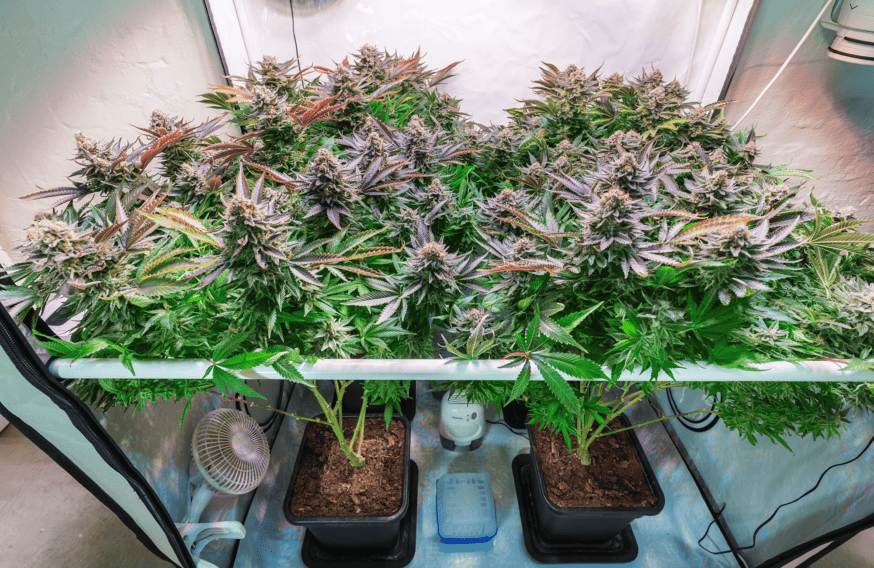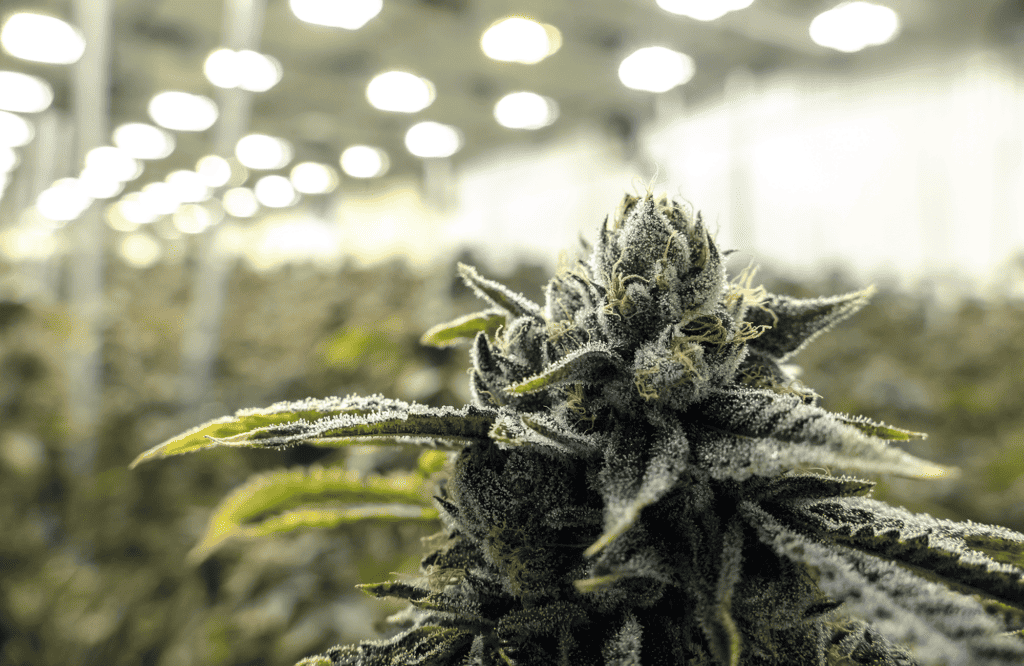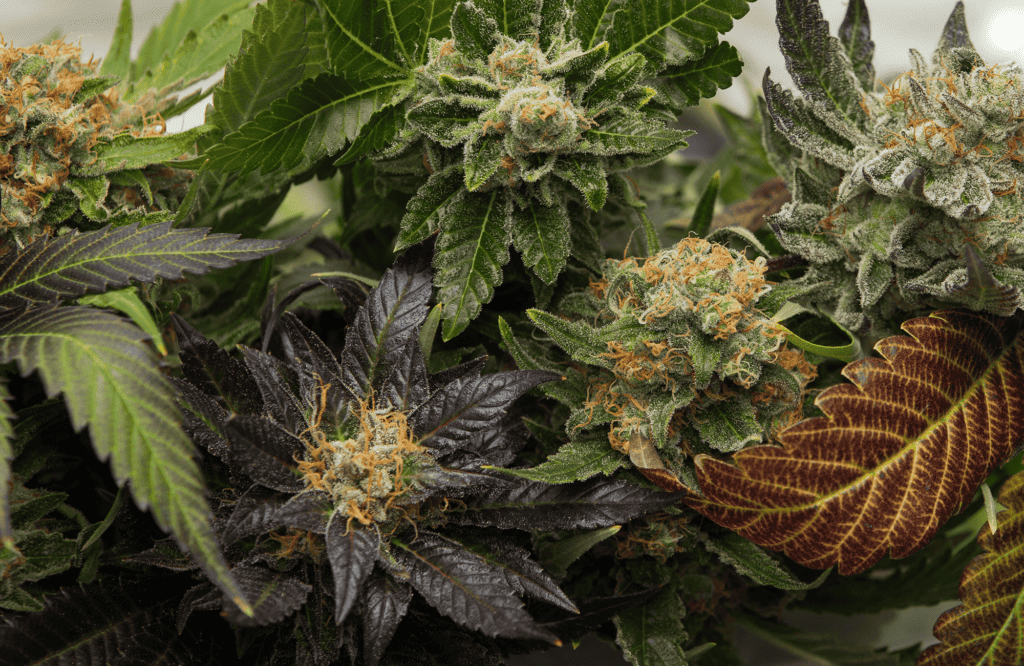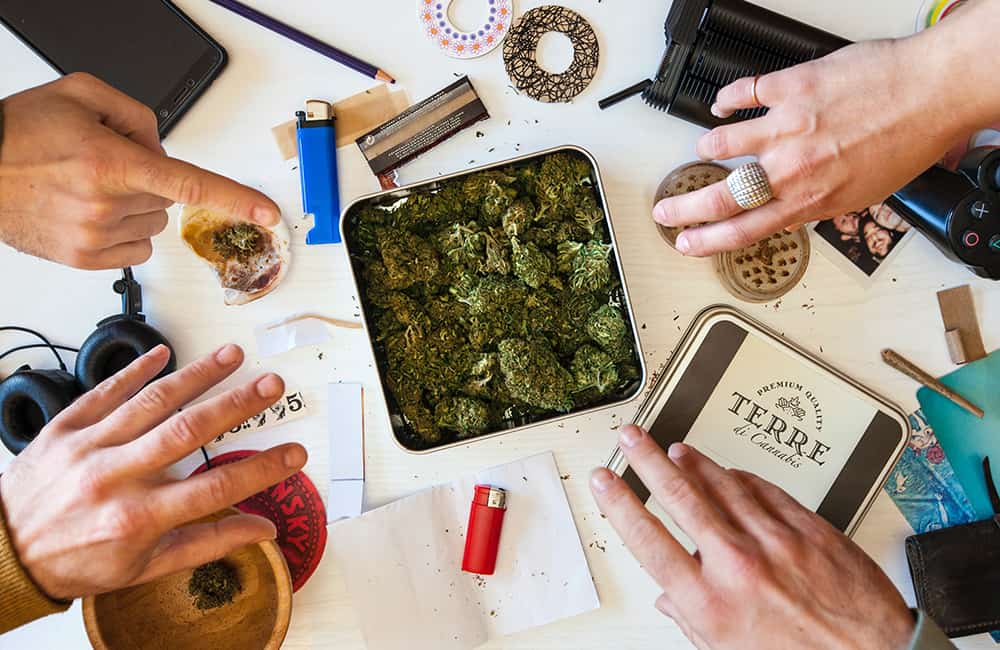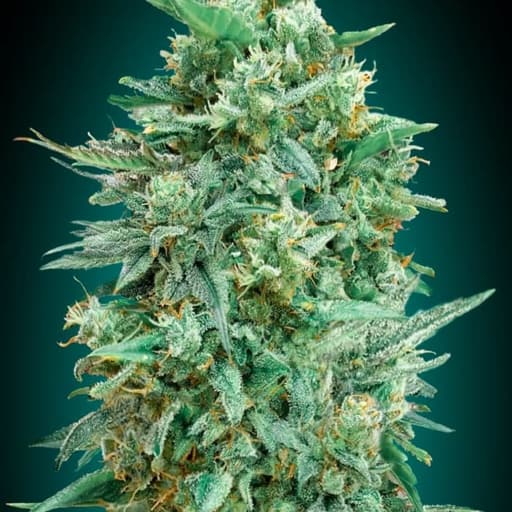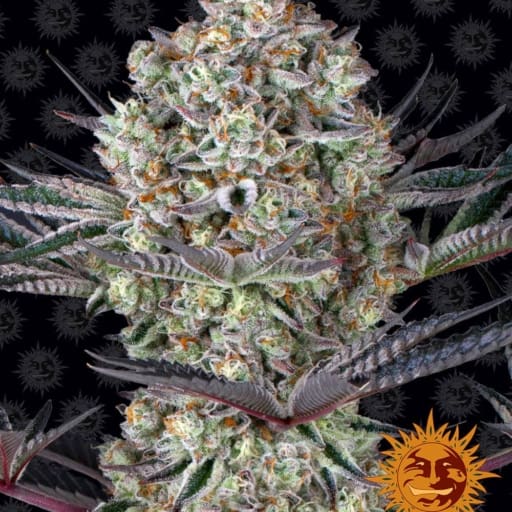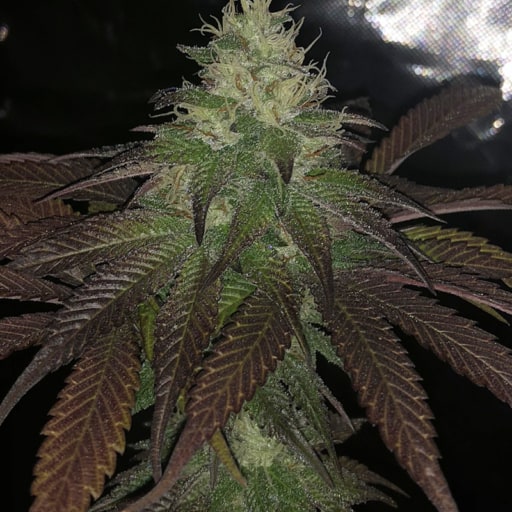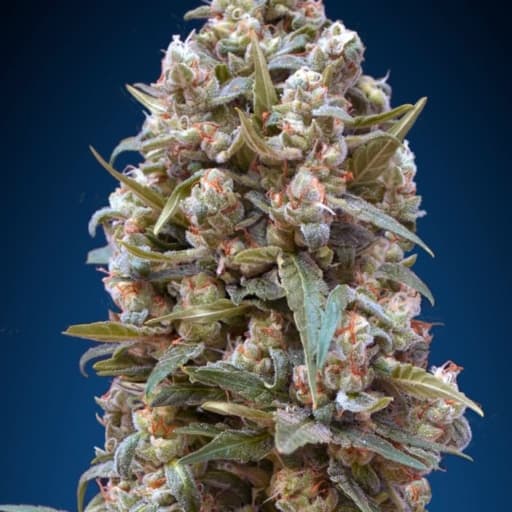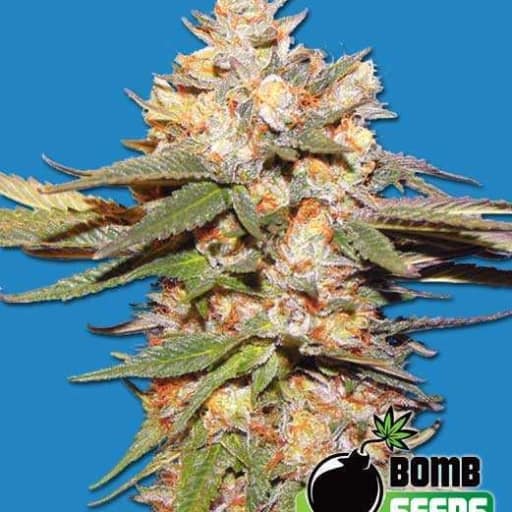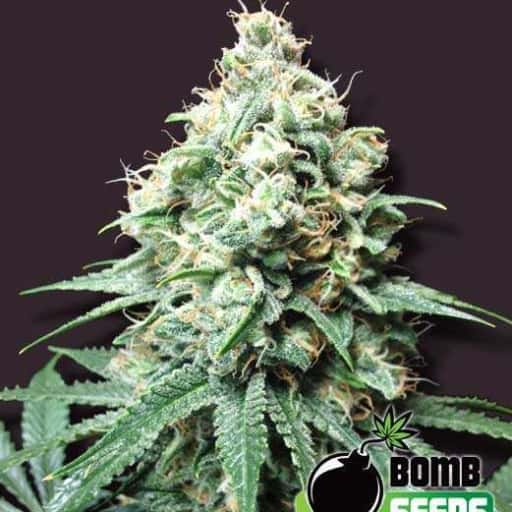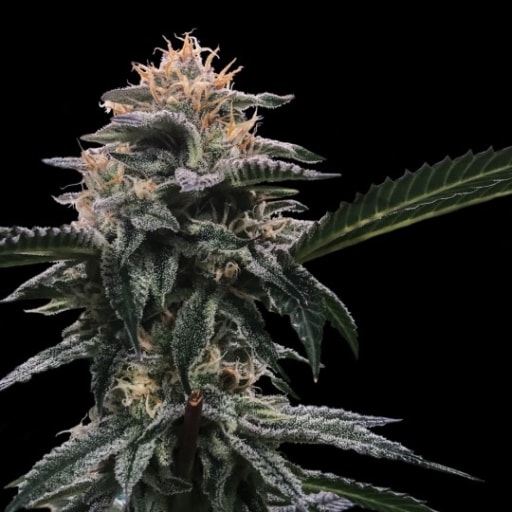Cheese cannabis, also known as “UK Cheese” due to its British origins, is a highly regarded strain admired for its strong scent and unique terpene profile. Growing UK Cheese can be a fulfilling endeavour for both beginners and experienced growers. In this comprehensive guide, we will take you through the entire process, starting from selecting the perfect seeds to harvesting and curing. Throughout the journey, we will delve into different seed options such as regular, autoflower and feminised seeds to assist you in making informed decisions for your UK Cheese cultivation adventure.
Understanding the UK Cheese Strain
Before delving into the specifics of cultivation, it’s crucial to comprehend the characteristics of the UK Cheese strain. UK Cheese is an indica dominant hybrid renowned for its vigorous growth, distinctive aroma and well balanced effects. Typically, it yields dense buds covered in resin with a distinct cheese like fragrance that appeals to cannabis enthusiasts.
Choosing the Right Seeds
One of the initial choices you’ll encounter when embarking on your UK Cheese cultivation journey is selecting suitable seeds. The decision between regular, autoflowering and feminised seeds significantly influences your cultivation experience.
Regular Cheese Seeds
Regular seeds are natural and unmodified forms of cannabis seeds. When you grow regular UK Cheese seeds, there’s an equal chance of getting male or female plants. This can be advantageous if you’re interested in breeding or want to choose specific characteristics. However, it also means you’ll need to identify and remove any male plants to prevent them from pollinating the females, which could result in lower yields.
Autoflower Cheese Seeds
If you’re looking for a quicker and easier cultivation process, autoflowering Cheese seeds are a great option. These seeds are specifically bred to automatically switch from the growth stage to flowering based on their age rather than requiring specific light cycles. As a result, autoflowering UK Cheese plants tend to be smaller and have a shorter life cycle of around 8-10 weeks from seed to harvest. This makes them ideal for growers with limited space or those who prefer faster results.
Feminised Cheese Seeds
For a more convenient and efficient cultivation process, feminised UK Cheese seeds are the way to go. These seeds are specially bred to produce only female plants, eliminating the need for identifying and removing males – saving you time and effort. Whether you’re new to growing or an experienced cultivator, feminised UK Cheese seeds are a popular choice among growers alike.
Setting Up Your Growing Area
Once you’ve selected the seeds you want to grow, it’s time to prepare your growing space. Whether you plan on cultivating UK Cheese indoors or outdoors, there are important environmental factors that will determine the success of your crop.
Indoor Cultivation
When growing UK Cheese indoors, having full control over the growing environment is crucial. To successfully cultivate UK Cheese indoors, you’ll need:
- Grow Tent or Room: Choose a suitable space equipped with walls that reflect light to ensure optimal light distribution.
- Lighting: High quality grow lights such as LED or HPS are essential for providing the necessary sunlight like conditions for vigorous growth.
- Ventilation: Proper airflow and ventilation are important for maintaining appropriate temperature and humidity levels.
- Containers: Use pots or containers with good drainage to prevent overwatering.
- Nutrients: Invest in a well balanced nutrient regimen specifically designed for each growth stage of your UK Cheese plants.
- PH and EC metres: These tools will help you monitor and adjust the pH and nutrient levels in your growing medium.
Outdoor Cultivation
If you prefer cultivating Cheese outdoors, there are some key considerations:
- Location: Choose a sunny area with good soil drainage and protection from strong winds.
- Soil Preparation: Enhance the soil quality by adding organic matter, which will improve its structure and nutrient composition.
- Pest Management: Take necessary steps to protect your plants from outdoor threats and pests.
- Watering: Ensure a consistent and appropriate watering routine, making adjustments based on rainfall levels.
- Nutrient Supplement: Depending on the condition of your soil, you may need to add additional nutrients as your plants grow.
Germination and Seedling Stage
Once you have prepared your growing area, it’s time to germinate your UK Cheese seeds. Regardless of the type of seed, the process of germination is quite similar:
- Germination Medium: Use a moist and sterile medium like a paper towel or jiffy pellet to place your seeds.
- Warmth and Darkness: Keep the germination medium warm in a dark location like a cupboard.
- Patience: Allow some time for the seeds to sprout, usually within 24 72 hours.
- Transplantation: Once your seeds have sprouted with well developed root systems, transfer them into your chosen growing medium such as soil, coco coir or hydroponic system.
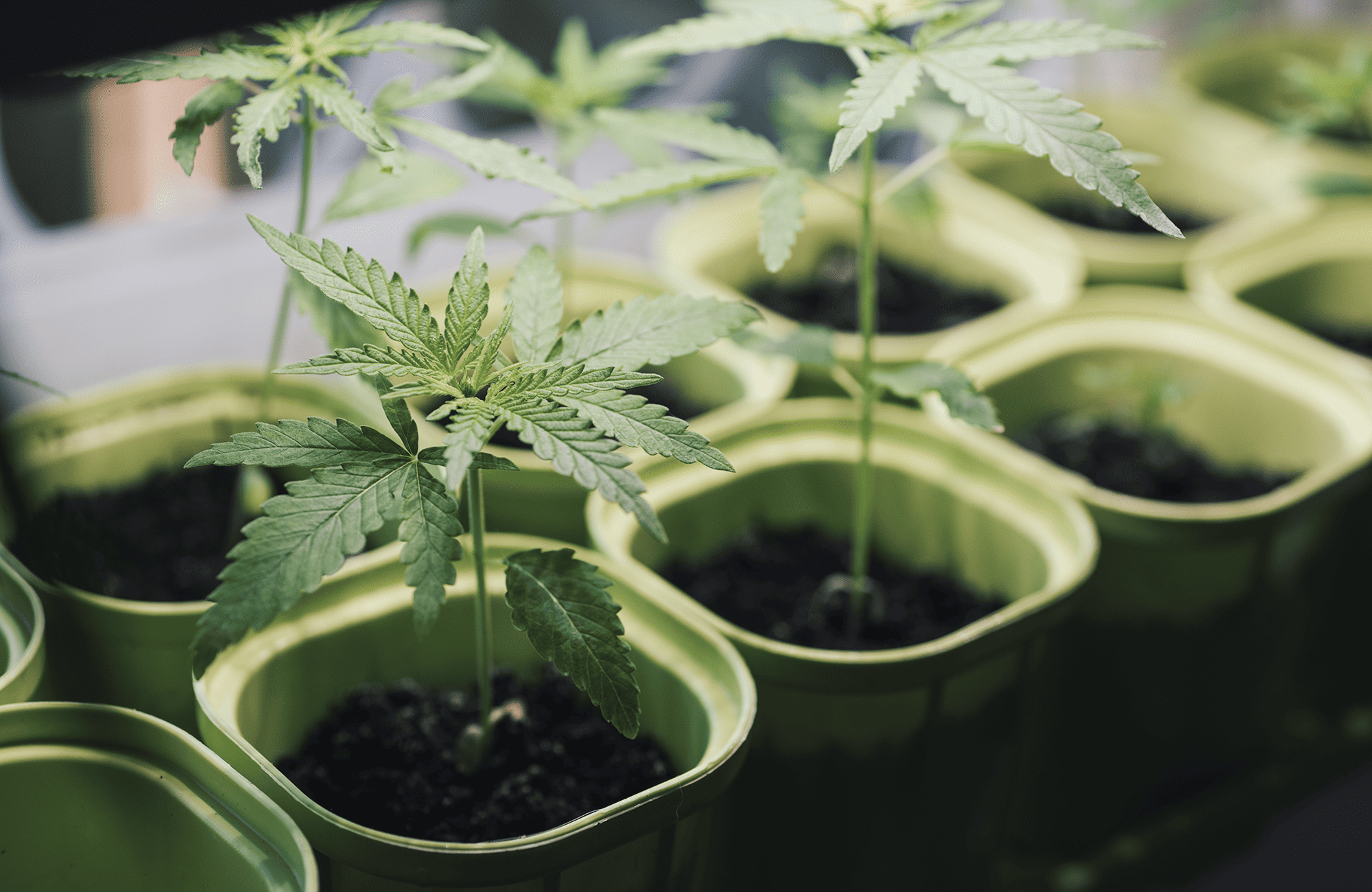
Vegetative Stage
During this stage of growth, focus on providing optimum conditions for your UK Cheese plants as they concentrate on their overall development. Ensure they receive the following care:
- To ensure successful indoor cultivation, it is recommended to maintain a consistent light cycle of around 18-24 hours per day. This will provide ample light for your UK Cheese plants to thrive.
- For optimal vegetative growth, it is advisable to use a balanced nutrient regimen with slightly higher nitrogen levels. This will support vigorous development during the early stages.
- If desired, you can implement training techniques like topping or low stress training to encourage bushier growth in your plants. It’s all about personal preference and the desired outcome.
Transitioning to Flowering
When transitioning your plants from the vegetative stage to flowering, adjust the light cycle to 12 hours of light and 12 hours of darkness. This change signals the start of the flowering stage, where buds will start forming.
During the flowering stage, your UK Cheese plants will produce those well known buds with their distinct aroma and resinous trichomes. Here are some important considerations:
- Stick with the 12/12 light cycle for this stage to maintain optimal flowering conditions.
- Switch to a nutrient formula specifically designed for flowering, which contains higher levels of phosphorus and potassium.
- Keep a close eye on your plants during this time for any signs of nutrient deficiencies, pests or diseases.
- To determine the ideal harvest time, closely monitor the trichomes using a magnifying glass. Look for milky white trichomes with some amber coloured ones for a balanced high.
Harvesting and Drying
When it comes to your UK Cheese plants, it’s important to handle the harvesting process with care. Trim the buds from the branches in a meticulous manner. Once you’ve completed the harvest, don’t forget about the crucial step of curing your buds to enhance their flavour and aroma. Here’s how you can cure your UK Cheese buds:
Drying: Take your trimmed buds and hang them in a cool, dark and well ventilated space for around 7-10 days. Aim for a temperature of approximately 60 70°F (15 21°C) with a humidity level of 45 55%.
Curing: After drying, transfer your buds into airtight containers like glass jars. Keep these containers stored in a cool and dark place for several weeks or even months. Remember to open the containers periodically to allow proper airflow and moisture redistribution.
Patience: Bear in mind that curing plays a vital role in enhancing both the flavour and aroma of your UK Cheese buds. Embrace patience throughout this process as you savour every moment.
Read to Start Growing UK Cheese?
Growing UK Cheese is an incredibly rewarding journey that allows you to cultivate cannabis plants with unique and captivating characteristics. By selecting the right seeds and providing optimal growing conditions, you’ll be able to indulge in the pungent aroma, well balanced effects and exquisite flavour that UK Cheese is renowned for offering. Whether you opt for growing UK Cheese or one of its hybrids, this comprehensive guide has equipped you with all the knowledge required to successfully cultivate UK Cheese while reaping its delightful rewards.

